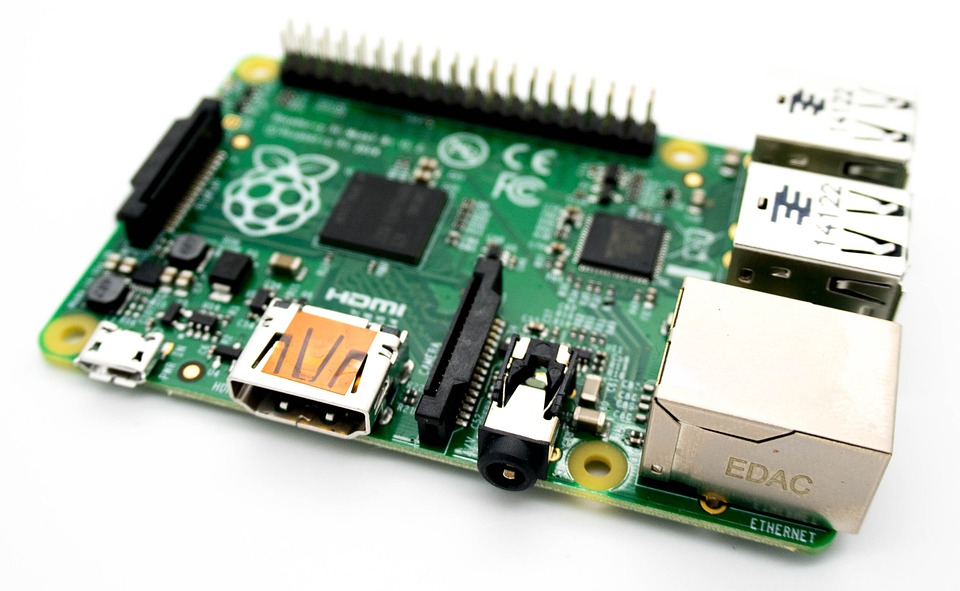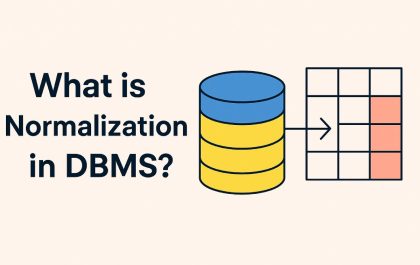We’d wager that you hear of the Raspberry Pi, which launches back in 2012 and seen several iteration release during the subsequent nine years.
Incredibly, a staggering 30 million Raspberry Pi devices have sold since the innovation first hit the marketplace, with this British-made entity widely used by both developers and educational facilities alike.
This post will take a closer look at what the Raspberry Pi is while appraising its main applications and uses in the marketplace.
Table of Contents
ToggleWhat is a Raspberry Pi?
In simple terms, the Raspberry Pi is a single-board computer, which functions as a credit-card-sized device that works in the same way as a desktop or laptop.
In this respect, it serves as a hybrid between a personal computer and a smartphone. On a fundamental level, it can perform even perfunctory tasks such as browsing the Internet or playing games.
Featured on a single printed circuit board, the Raspberry Pi is a compelling and remarkable device and one that packs the performance of a fully functional computer in a compact, handheld machine.
The device also surrounds by a unique and engaged community, which supports new users across the board.
What are its Applications and Uses?
Apart from necessary functions such as Internet browsing and gaming, the Raspberry Pi is renowned as an educational tool, and one that provides an entry-level gateway into coding and learning exciting programming languages.
Incredibly, you can even use the device to create your circuits and physical machines, once you’ve developed a more in-depth knowledge of programming and can apply this on a much broader scale.
Besides learning core programming skills and building out hardware and robotics projects, you can also use devices to perform automated tasks (either within the home or an industrial setting).
Also Read: Security in the IoT World – Smart Devices, Smart Users
The Educational Side of Raspberry Pi Computers
Recently, we’ve seen a concerted effort amongst educators to teach children the basics of coding and computer programming, as the job market continues to shift to include a rising number of digital transformation roles.
An estimate one million students in the UK given a BBC micro: bit just before Easter last year. This device was very similar to the Raspberry Pi and capable of imparting much-needed coding skills.
There’s no doubt that the affordable and accessible nature of Raspberry Pi’s can also play a key role in bridging any gaps in knowledge that may exist in this space, by helping kids to learn in the free time through several engaging and straightforward projects.
Shashi Teja
Related posts
Hot Topics
Enhancing School Safety with Intelligent Threat Response Systems
Introduction According to the K-12 School Shooting Database, there were 346 school shootings in the United States in 2023 alone,…
What is Normalization in DBMS: The Complete Guide
What is normalization in DBMS? Look, I’m gonna be straight with you – when I first heard this term, I…



